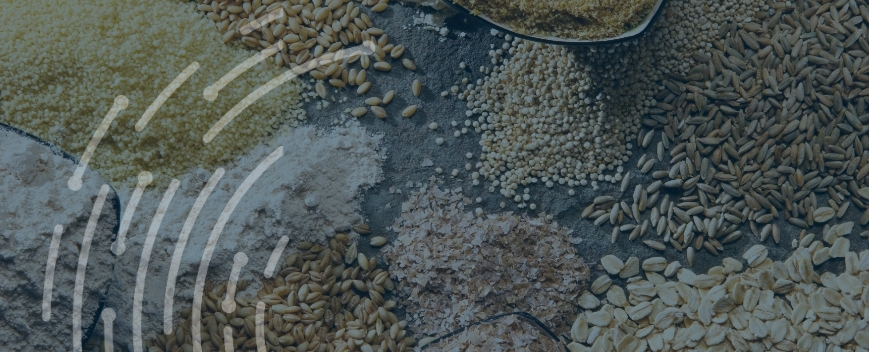Grains, Rice & Oilseeds

Access trade, receivables and supply chain finance
We assist companies to access trade and receivables finance through our relationships with 270+ banks, funds and alternative finance houses.
Get startedContents
Grains and Oilseeds represent a considerable proportion of the global soft commodities market. Trade Finance Global works with a number of agri and grain traders to help them increase their trades across multiple jurisdictions. Whatever your trade flow, our aim is to help you increase your receivables or trade lines, work in different jurisdictions and help your trading company grow.
Grains & Oilseeds Knowledge Hub
- Global and Economic Update on Grains – What drives the price of grains, and what have the trends been this year? Read more →
- Agricultural Market Information Systems – What’s the use of data monitoring tools such as AMIS and how are farmers using this to monitor acreage and drive productivity? Read more →
- Rapeseed & Soybean Market Overview – An overview of the important oilseeds, soybean and rapeseed, and recent market trends. Read more →
- Fertiliser Market Overview – An overview of the importance of fertiliser and trends. Read more →
Popular types of financing for grains and agri
What is a Letter of Credit
Letters of credit (LCs), also known as documentary credits are financial instruments, issued by banks or specialist trade finance institutions…
How can a Bill of Lading help me transport goods?
A bill of lading will set out a list of the cargo which the ship is carrying as a receipt; this is provided by the master of the ship to the person who is consigning the goods…
What is receivables finance?
Receivables financing (or accounts receivable finance) is a finance arrangement in which a company uses finance flowing in (such as from overdue invoices)…
Read more ->
What is the difference between demurrage and detention?
Demurrage and detention are incredibly important terms that often lead to abandoning of container ship cargoes if the costs and meaning are not fully anticipated…
What are Bonds and Guarantees?
A Guarantee or Bond provides a purchaser the security of a guarantee if there is a failure by the seller failure to meet its contractual obligation…
What is pre-export financing?
Pre-export finance is a financial instrument where a funder advances funds to a business based on historic orders from buyers…
What are promissory notes?
Bills of Exchange and Promissory Notes are independent payment undertakings (debt obligations) from one person to another…
Read more ->
FAQ
Publishing Partners
- Grains & Agri Resources
- All Grains & Agri Topics
- Podcasts
- Videos
- Conferences














